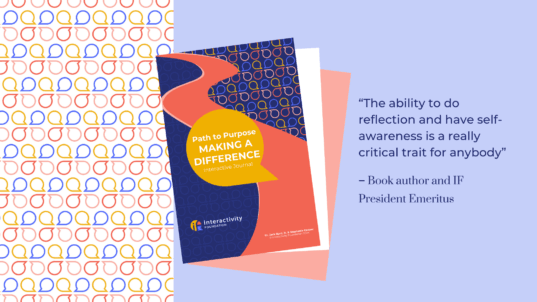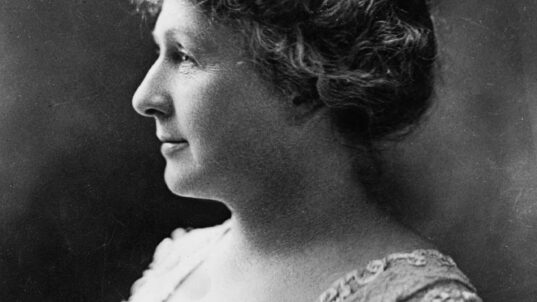
Image by nugroho dwi hartawan from Pixabay
George Winston taught an upper-level economics course on current issues. The course had a major discussion component and today’s class was the first session with students in their small-group discussion teams. George started class by saying: “Today I want you to discuss the impact of electric vehicles on our economy.”
The discussions were spirited, but superficial. The discussion comments were as ill-informed as what you might expect from a cable news show. Winston was embarrassed that students who were getting an economics degree would be so shallow in their thinking. After 15 minutes, he called for a pause.
“In your discussion groups, I really expect you to bring the lens of your economics major to the discussion. I expect you to go deeper. Unfortunately, what I kept hearing were great examples of common biases. I heard:
- Confirmation biases – refusing to consider points of view other than your own
- Anchoring biases – focusing only on one issue
- Misinformation biases – many of you were circulating nonfactual or erroneous statements about electric vehicles, whether these bits of misinformation came from supporters or opponents of electric vehicles
- Halo biases – your opinions are shaped by an influencer, not on evidence or careful analytical thinking
- Optimistic biases – you were dismissing any negative consequences that might go against your position.
“Here’s what I want your group to do in the time remaining today. I want you to think of all the questions that we should be asking ourselves about electric vehicles, especially in terms of the economic impacts. You don’t need the answers at this point, just the questions. One way to do this is to imagine the questions for the entire supply chain related to the life cycle for an electric vehicle, from sourcing the raw materials to the final disposal of the vehicles.”
The contrast in the quality of the discussion couldn’t have been more evident. Focusing on questions helped remove the narrowing effect of biases. The questions also sparked curiosity (e.g. what happens to the power grid when everyone recharges their battery at the same time when they get home from work?).
When the class ended, Winston made one final comment: “I hope this class showed you how important it is to think of every discussion from now on as an exercise in critical thinking. If you start with questions, you are more likely to be objective in your thinking.”
If you’re interested in activities to foster critical thinking in classroom discussions, check out Critical Collaboration Module in the Interactivity Foundation’s Collaborative Discussion Toolkit. You might also find the Promoting Curiosity activity to be helpful for discussions that focus on generating questions.
* * *
“The important thing is not to stop questioning. Curiosity has its own reason for existence.”
– Albert Einstein
This post is part of our “Think About” education series. These posts are based on composites of real-world experiences, with some details changed for the sake of anonymity. New posts appear Wednesday afternoons.



